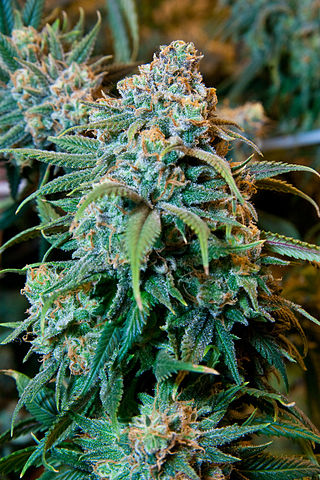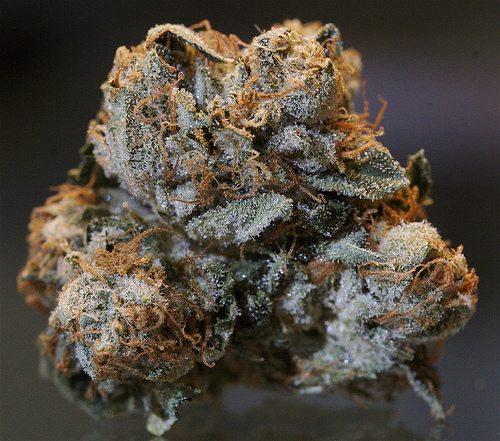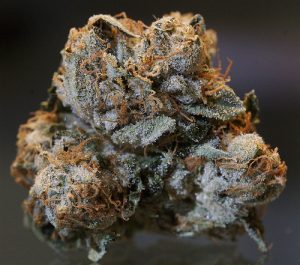New Study: Marijuana Smokers Three Times More Likely to Die of Hypertension
 A study published in the European Journal of Preventive Cardiology this week has found marijuana use may increase a person’s risk of dying from hypertension more than threefold–and that the risk increases with each year a person smokes marijuana.
A study published in the European Journal of Preventive Cardiology this week has found marijuana use may increase a person’s risk of dying from hypertension more than threefold–and that the risk increases with each year a person smokes marijuana.
The study’s authors write,
Adjusted hazard ratios for death from hypertension among marijuana users compared to non-marijuana users was 3.42 . . . From our results, marijuana use may increase the risk for hypertension mortality. Increased duration of marijuana use is associated with increased risk of death from hypertension. Recreational marijuana use potentially has cardiovascular adverse effects which needs further investigation.
The study also concluded the cardiovascular risk posed by smoking marijuana may be greater than that of cigarette smoking.
Of course this is not the first study to find marijuana may be harmful to a person’s health. Marijuana use has been linked to stroke, cardiovascular problems, and even schizophrenia.
This underscores what we have said for years: Marijuana may be many things, but “harmless” simply is not one of them.
You can read this latest study here.
Photo Credit: “Cannabis Plant” by Cannabis Training University – Own work. Licensed under CC BY-SA 3.0 via Wikimedia Commons.



 According to news sources
According to news sources
 Last Friday Arkansas’ Attorney General Leslie Rutledge
Last Friday Arkansas’ Attorney General Leslie Rutledge